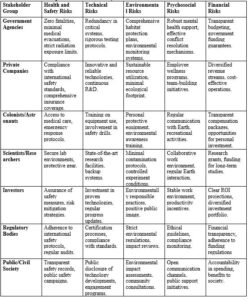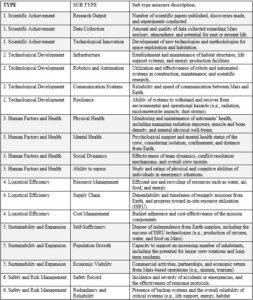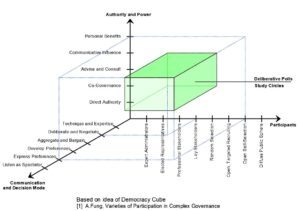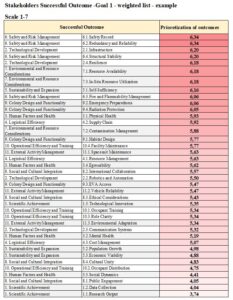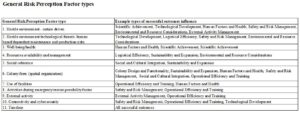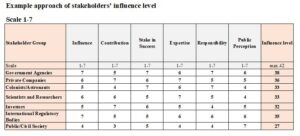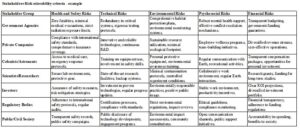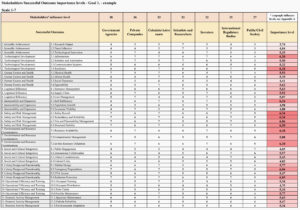STAKEHOLDERS’ FRAMEWORK, A SUCCESSFUL OUTCOME AND RISK PERCEPTION FACTORS TO DEFINE RISK TOLERABILITY LIMITS FOR LONG-TERM MARS COLONIES, DESIGN AND OPERATION
Space missions, especially those directed toward establishing colonies on Mars, present unique challenges. The surge in extraterrestrial exploration calls for a stringent focus on safety in low-gravity habitable spaces, where complexities in layouts and support systems escalate. Drawing from terrestrial parallels, habitat complexity and safety redundancies correlate with population size in growing habitats featuring less prescribed human behavior.
The paper addresses this interplay, stressing the need for a comprehensive safety approach in Mars colony development through a stakeholder communication framework for risk acceptance in design and operations, requiring discussions and definitions of risks surpassing those in analogous Earth activities.
The primary objective of this paper is to define a comprehensive framework for stakeholders engaged in the development of long-term Mars colonies. Rather than merely conducting risk assessments, the emphasis lies in collaboratively establishing a structure that incorporates stakeholder input on vulnerability levels. This involves a qualitative analysis of successful outcomes and risk perception factors to inform performance-based design and operation processes with required tolerability limits.
Furthermore, the methodology presented is positioned as a starting point for the subsequent development of detailed quantitative risk assessments. It also plays a crucial role in defining technical, organizational, and maintenance solutions that uphold the agreed-upon safety standards among stakeholders. In parallel, the paper underscores the importance of providing essential input data for quantitative risk assessments. This iterative process ensures that the structure evolves with the colony’s development, adapting to changing conditions and goals.
In conclusion, this paper proposes a stakeholder-centric approach to safety and success in Martian colonies in long-term growth period. By defining a framework that prioritizes collaboration and qualitative analysis, it guides the development of performance-based design and operation. The iterative nature of the framework allows for ongoing adjustments, ensuring the safety and success of human presence on Mars. The insights and methodologies presented herein aim to guide future endeavors in Martian exploration, ensuring the longevity and success of human presence beyond Earth.
The project was presented on IAC2024 in Milan!
IAC2024 Milan Interactive presentation



